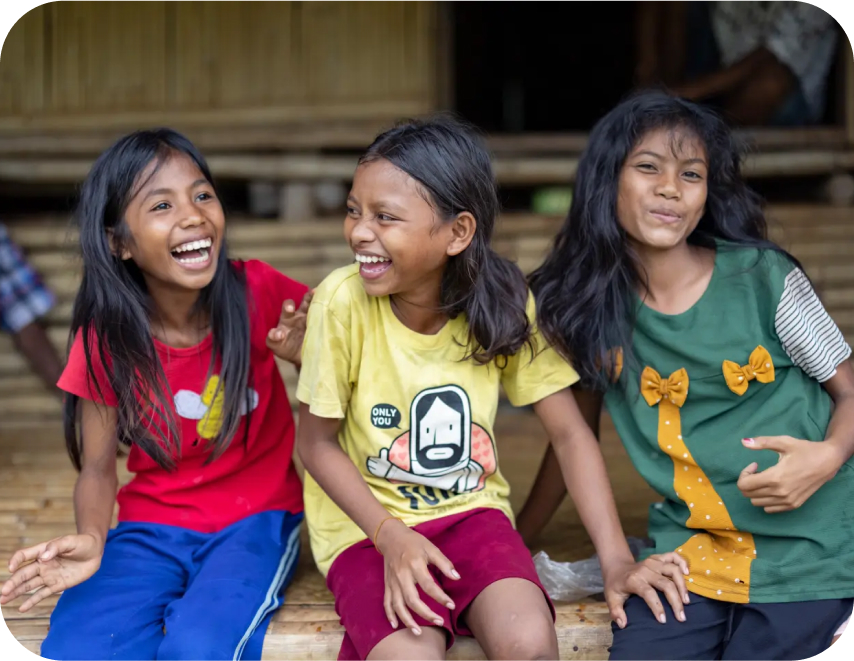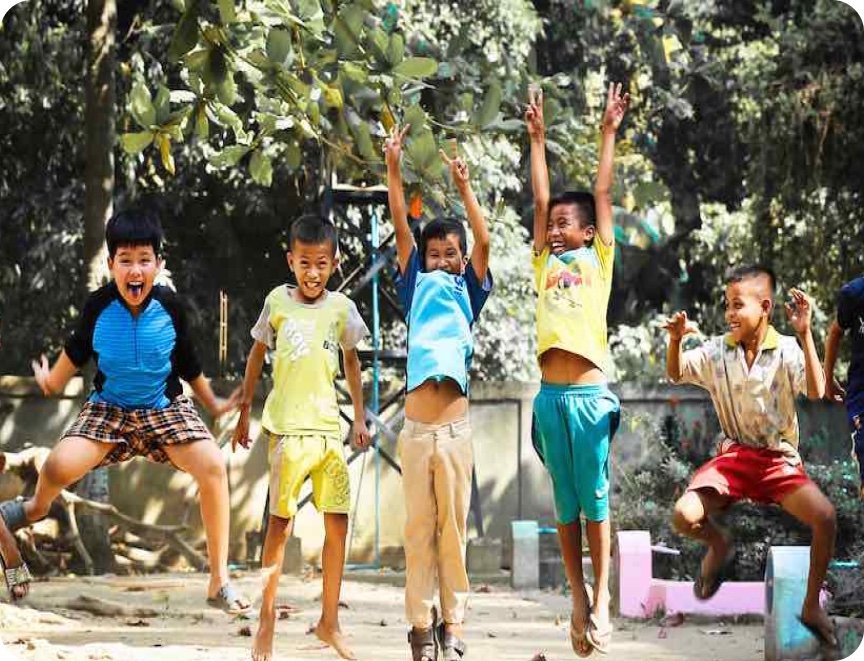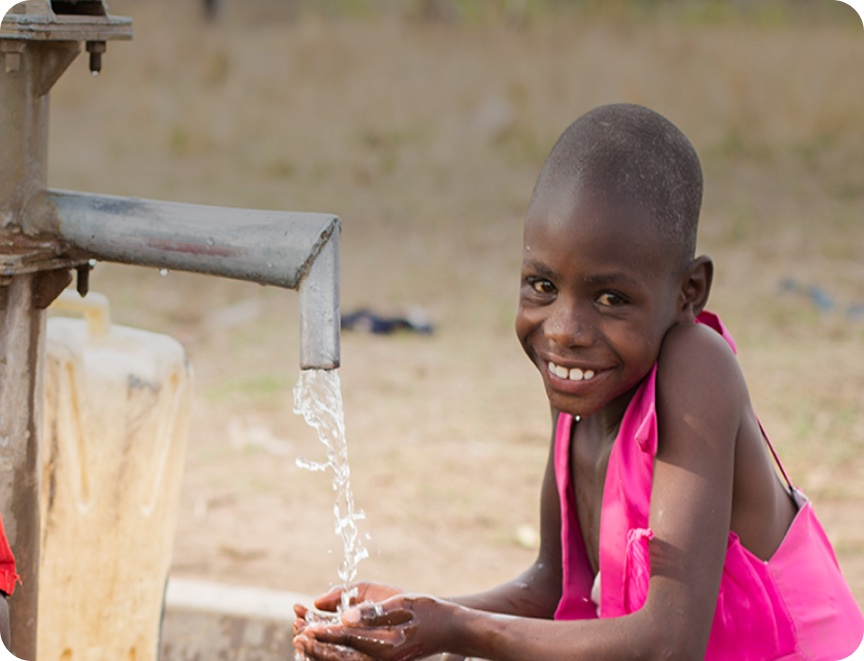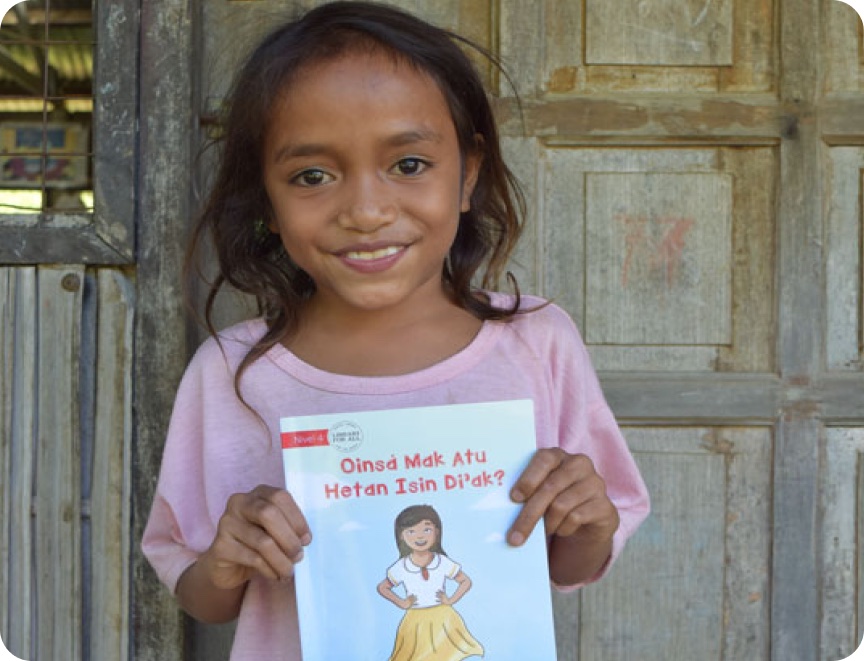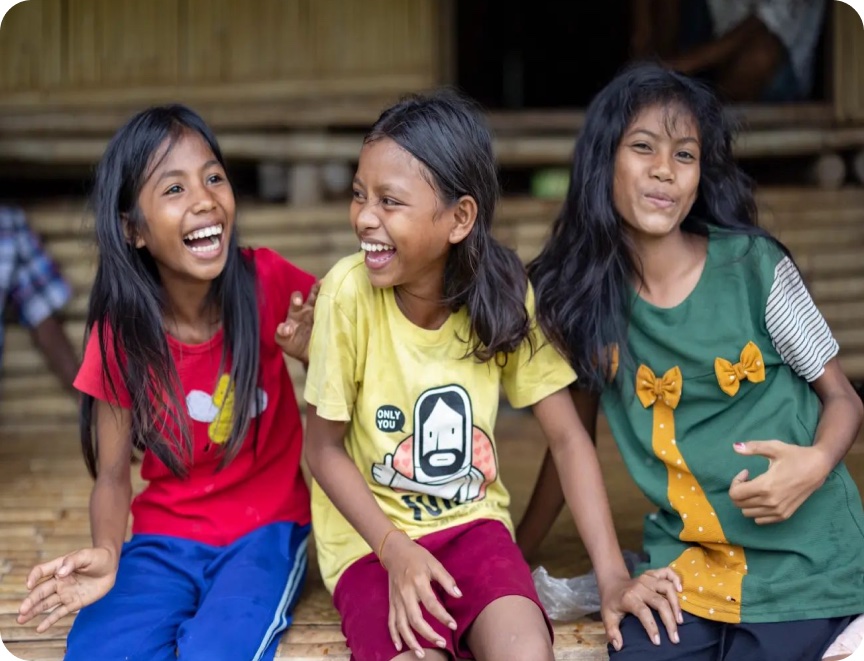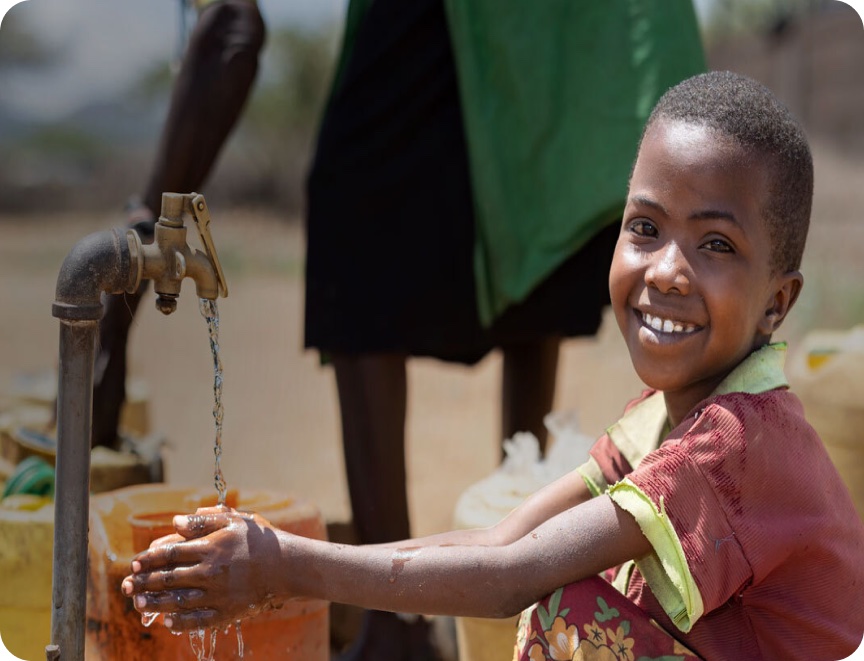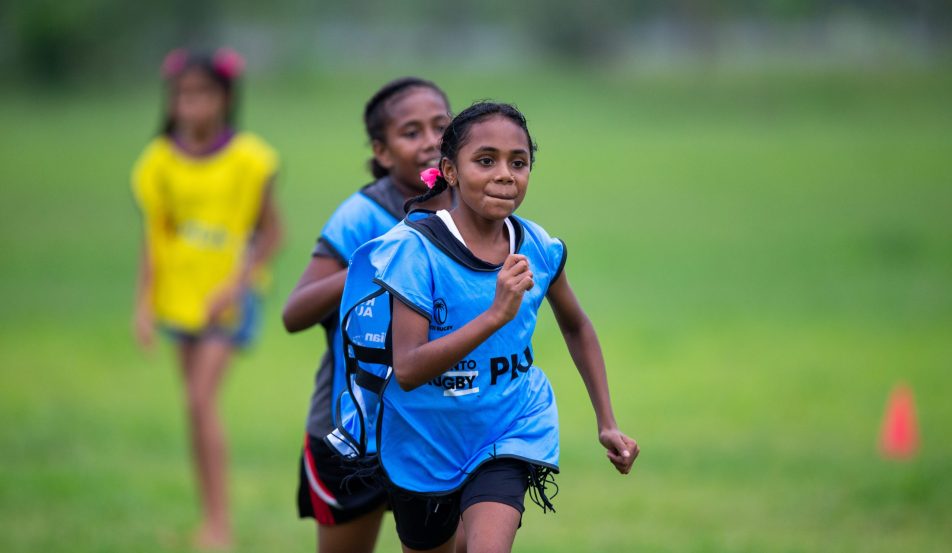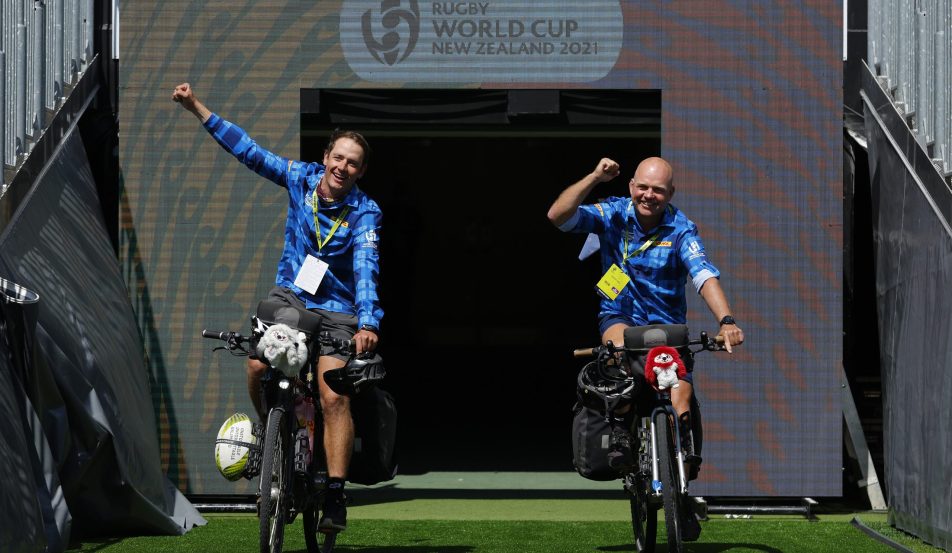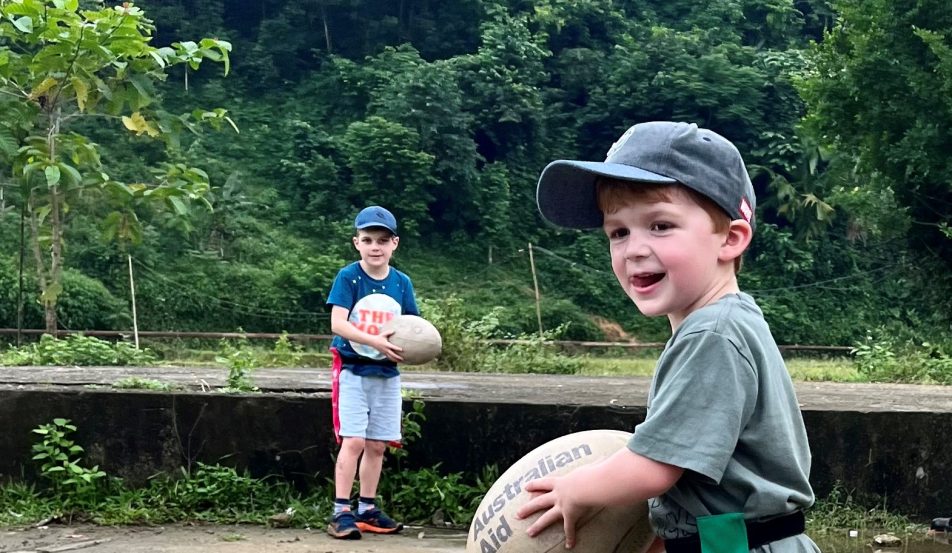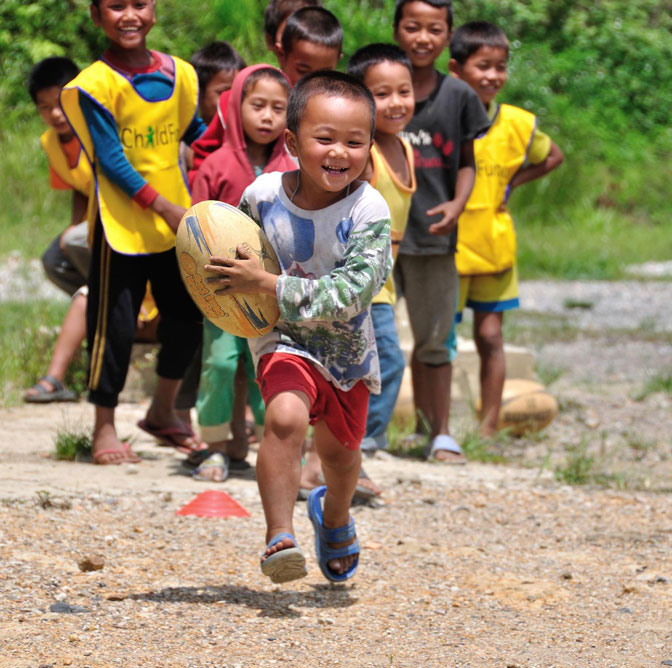‘A beautiful experience’: how soccer can empower girls
Wondering about ways to promote gender equality?
Kelin, 17, has an unlikely suggestion: start with a soccer ball.
She lives in a tiny farming town in Francisco Morazán Department, Honduras, where tradition is as deep-rooted as the pine forests that cover the land. She’s also the captain of her school’s girls’ soccer team.
Before, she says, the 14 girls could hardly be considered a team. They’d never competed against any other schools.
They didn’t have uniforms or proper footwear. In fact, they didn’t have any formal soccer training, because the only time they were allowed to play at all was during their lunch breaks – and that was only if they could find a ball.
“We used to be left wanting to play because we didn’t have balls,” says Kelin. “Sometimes, we borrowed them [from the boys]. Now, with these new balls, we can play every day.”
She’s talking about the unpoppable soccer balls her school received last year. ChildFund received a share of these balls and distributed them to young people in our programs who needed them most – like Kelin and her teammates.
Unpoppable, unstoppable: Empowering girls on and off the field
Unpoppable balls? You read that right. They’re designed to withstand the toughest playing conditions in the world. And in the communities where ChildFund works in rural Honduras, the balls are now helping to break down the injustices that face girls.
Traditional gender roles in Honduras dictate that the place for women and girls is in the home, not in the public eye, and certainly not on the soccer field.
In addition, violence against women and girls is widespread, so in an effort to protect their daughters from danger, parents often unintentionally limit girls’ access to valuable social connections and learning opportunities – like soccer tournaments.
“Before, only the boys had gone to another village to compete,” says Kelin.
But after ChildFund delivered the new soccer balls, things began to change. The girls practiced longer and more regularly.
Eventually, seeing their passion for the game, the school administration allowed them to travel to a nearby community to participate in a multi-school girls’ soccer tournament.
“We were nervous,” Kelin laughs. “We were afraid the others would beat us.”
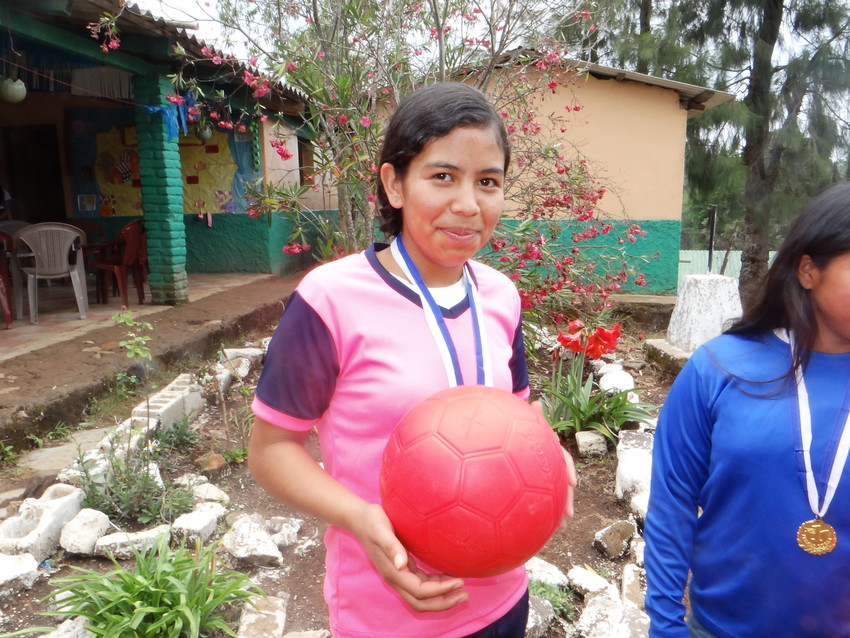
The endless wins of sport for development
Of course, what all players – and sport for development programs – know is that soccer can help young people develop important life skills.
Kelin and her teammates say the game has taught them lessons in leadership, confidence and perseverance.
It’s all about the connection and cooperation that come from the players’ looking out for each other, girls empowering girls.
They’ve learned how to accept losses gracefully and take pride in their wins.
The teens surprised themselves when they, a debut team, won the multi-school tournament, beating out teams from more than 30 other schools.
They were awarded medals and even new uniforms for their accomplishment.
By the time they returned to their hometown, their families and neighbours already knew that they had won, and the celebrations were overwhelming.
“It was a beautiful experience,” Kelin says.
Today, many of the girls dream of playing professionally. So much for borrowing soccer balls from the boys!
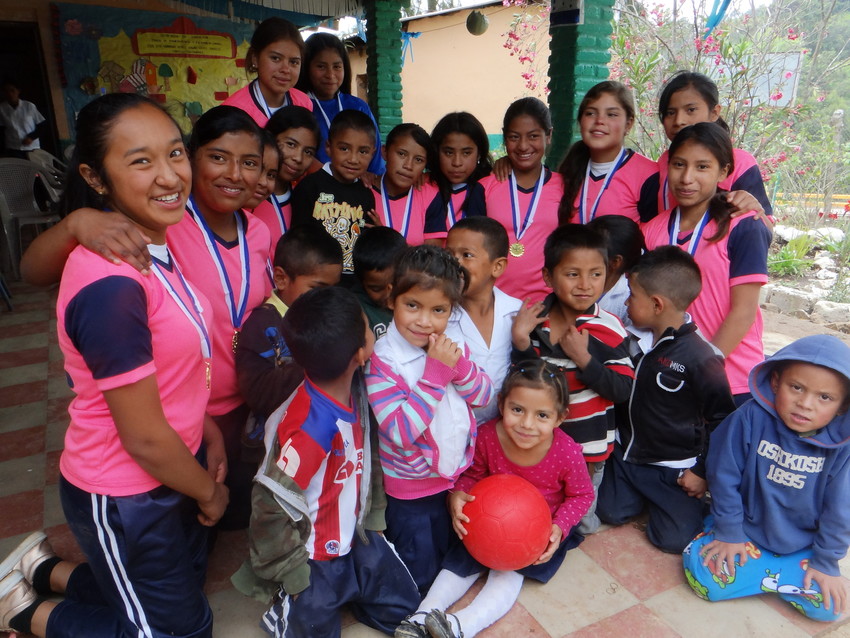
Sport as a unique way to promote gender equality
Curious about ChildFund’s other sport-for-development and girls’ empowerment programs? Check out how we’re helping kids across Asia develop confidence and learn life skills through rugby. Or learn how we’re empowering young girls to resist child marriage in India through soccer.
And if you really want to help a girl score her goals in life, sponsor a child. Few things are more encouraging to a child than knowing that someone’s on her team.


